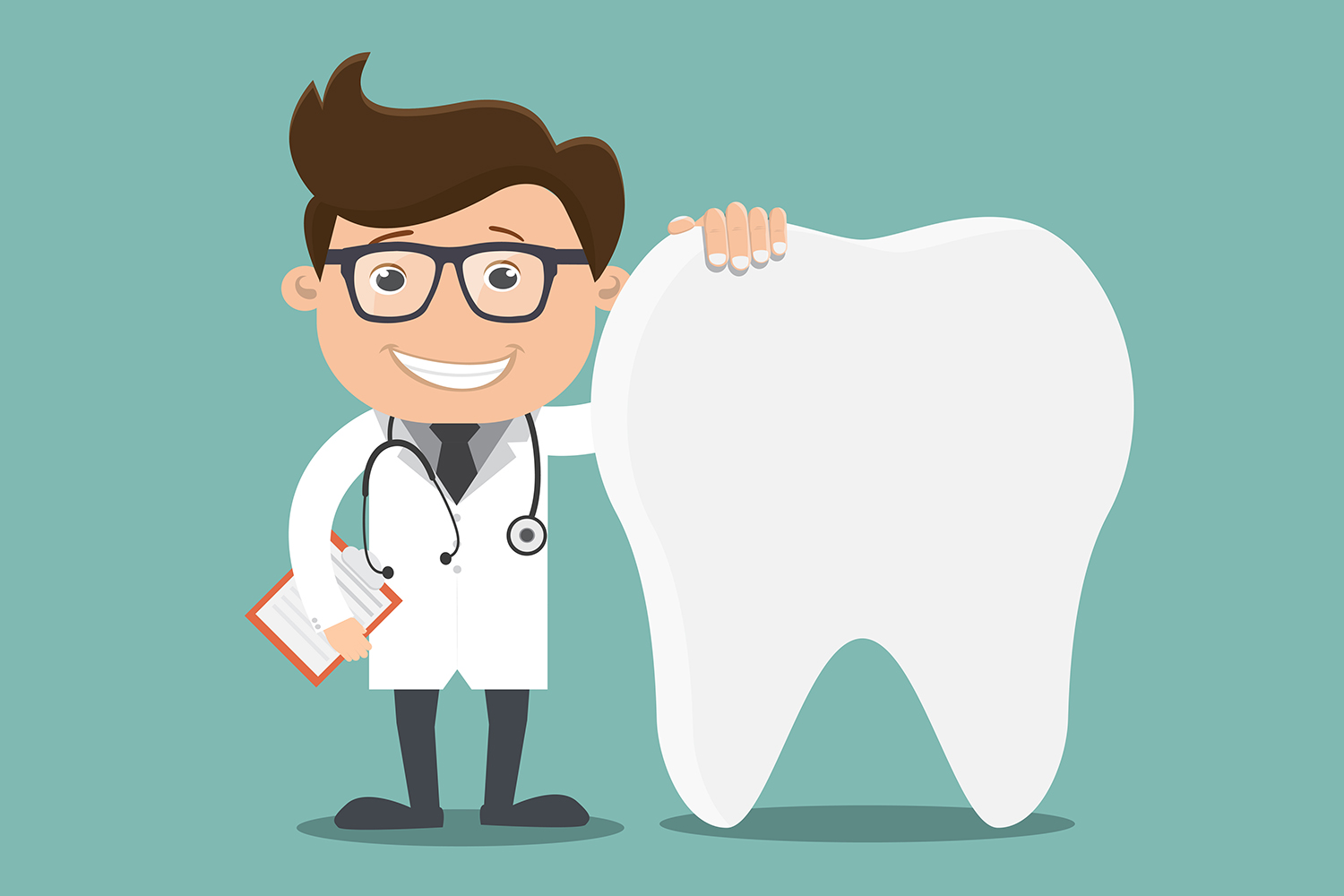Meet Your Pleasant Community Dentist Eugene OR and Their Services
Meet Your Pleasant Community Dentist Eugene OR and Their Services
Blog Article
Find Out About Constant Dental Worries Your Dental Practitioner Can Resolve
Comprehending frequent oral problems is vital for maintaining ideal dental wellness. Concerns such as tooth cavities, gum tissue illness, tooth level of sensitivity, bad breath, and tooth degeneration are typical yet usually overlooked till they come to be severe. Routine dental sees and personalized care plans can deal with these problems successfully, making sure a much healthier and brighter smile.
Dental Caries
Cavities, likewise called tooth decays, are a prevalent oral health problem brought on by the demineralization of tooth enamel because of acid manufacturing from microbial plaque. This process starts when germs in the mouth metabolize sugars and starches from food, generating acids that deteriorate the enamel. If not attended to promptly, this disintegration can permeate much deeper into the tooth, impacting the dentin and eventually the pulp, potentially leading to severe pain and infection.
The onset of cavity formation typically present as white spots on the tooth surface area, indicating first demineralization. As the procedure advances, these places can turn into black or brownish sores, indicating a lot more comprehensive decay. Regular oral check-ups are critical for very early discovery, as cavities in their inceptive phases can be treated with remineralization strategies, such as fluoride therapies.
As soon as a tooth cavity has created, corrective treatment is necessary. Dental professionals normally get rid of the decayed section of the tooth and fill the tooth cavity with materials such as composite resin, amalgam, or ceramic. In much more serious cases, a crown or origin canal therapy may be needed. Precautionary steps, consisting of good dental health techniques and dietary modifications, play a critical duty in mitigating the risk of cavities.
Gum Illness
While tooth cavities stand for a significant concern for oral health and wellness, an additional vital problem that demands attention is gum condition. Also referred to as periodontal condition, gum tissue condition is an inflammatory problem affecting the cells bordering and sustaining the teeth. It is mainly triggered by the accumulation of plaque-- a sticky movie of microorganisms that bases on teeth.
Periodontal disease advances via phases, starting with gingivitis, defined by soreness, swelling, and bleeding gum tissues (dentist eugene or). If left untreated, gingivitis can intensify to periodontitis, where the inner layer of the periodontal and bone retreat from the teeth, creating pockets that come to be infected. In time, the toxic substances produced by the germs damage down the bone and connective cells that hold teeth in place, possibly causing tooth loss
Early detection and therapy are essential. Professional oral cleanings and enhanced dental hygiene methods, such as cleaning twice everyday and flossing, can manage gingivitis. For advanced phases, treatments might include scaling and origin planing, antibiotics, or perhaps surgical interventions.
Normal oral check-ups play a pivotal duty in avoiding and handling gum tissue condition. Dental professionals can identify early signs and suggest suitable interventions, making certain the upkeep of healthy and balanced periodontals and total dental health and wellness.
Tooth Level Of Sensitivity
Tooth sensitivity affects countless people worldwide, providing a common yet commonly traumatic oral issue. This condition emerges when the enamel, the outer safety layer of the teeth, is endangered, disclosing the underlying dentin. The dentin contains tiny tubules that lead straight to the oral pulp, where nerves reside. When subjected to stimuli such as hot, cold, pleasant, or acidic substances, these nerves are activated, triggering sharp discomfort or discomfort.
A number of aspects add to enamel erosion and succeeding tooth level of sensitivity, including hostile cleaning, acidic foods and beverages, gum economic crisis, and bruxism (teeth grinding) Additionally, oral treatments such as teeth lightening can briefly increase level of sensitivity.
Foul-smelling Breath
Another widespread oral concern that impacts people' day-to-day lives is bad breath, clinically termed halitosis. Bad breath often stems from poor oral hygiene, which permits food fragments to remain in the mouth, cultivating bacterial growth.

Recommendations may entail improving dental hygiene techniques, such as regular brushing and flossing, using anti-bacterial mouth washes, remaining hydrated, and addressing any type of oral problems. Efficient monitoring of bad breath not just boosts dental wellness but additionally substantially enhances high quality of life.
Dental Cavity
Protecting against dental cavity includes a combination of good oral hygiene practices and regular oral exams. Cleaning teeth at least twice daily with fluoride tooth paste, flossing to get rid of plaque between teeth, and limiting the consumption of sweet foods and drinks are vital safety nets. Fluoride therapies, oral sealants, and expert cleanings given by a dental practitioner can also play a considerable function in fortifying enamel and protecting against degeneration.
Dental view publisher site practitioners can remove corroded cells and bring back the tooth with fillings made from products such as composite resin, amalgam, or porcelain. By resolving tooth degeneration immediately, dental experts aid maintain oral framework and feature, ensuring lasting dental wellness.
Conclusion
Resolving common dental problems such as dental caries, gum tissue illness, tooth sensitivity, bad breath, and dental cavity is important for keeping optimum dental health and wellness and overall well-being. Dental experts possess the know-how Website to identify and treat these problems properly, making sure tailored look after each patient. Routine oral examinations and safety nets are crucial in recognizing and taking care of these worries early, advertising a much healthier and much more certain smile over check here a lifetime.

Tooth decay, also recognized as oral caries, takes place when the enamel, the outer layer of the tooth, is deteriorated by acids generated by germs in the mouth. Brushing teeth at least two times daily with fluoride tooth paste, flossing to remove plaque in between teeth, and restricting the intake of sugary foods and drinks are crucial preventative measures.Attending to common dental issues such as tooth cavities, gum tissue disease, tooth level of sensitivity, negative breath, and tooth decay is vital for keeping optimal dental wellness and overall wellness.
Report this page